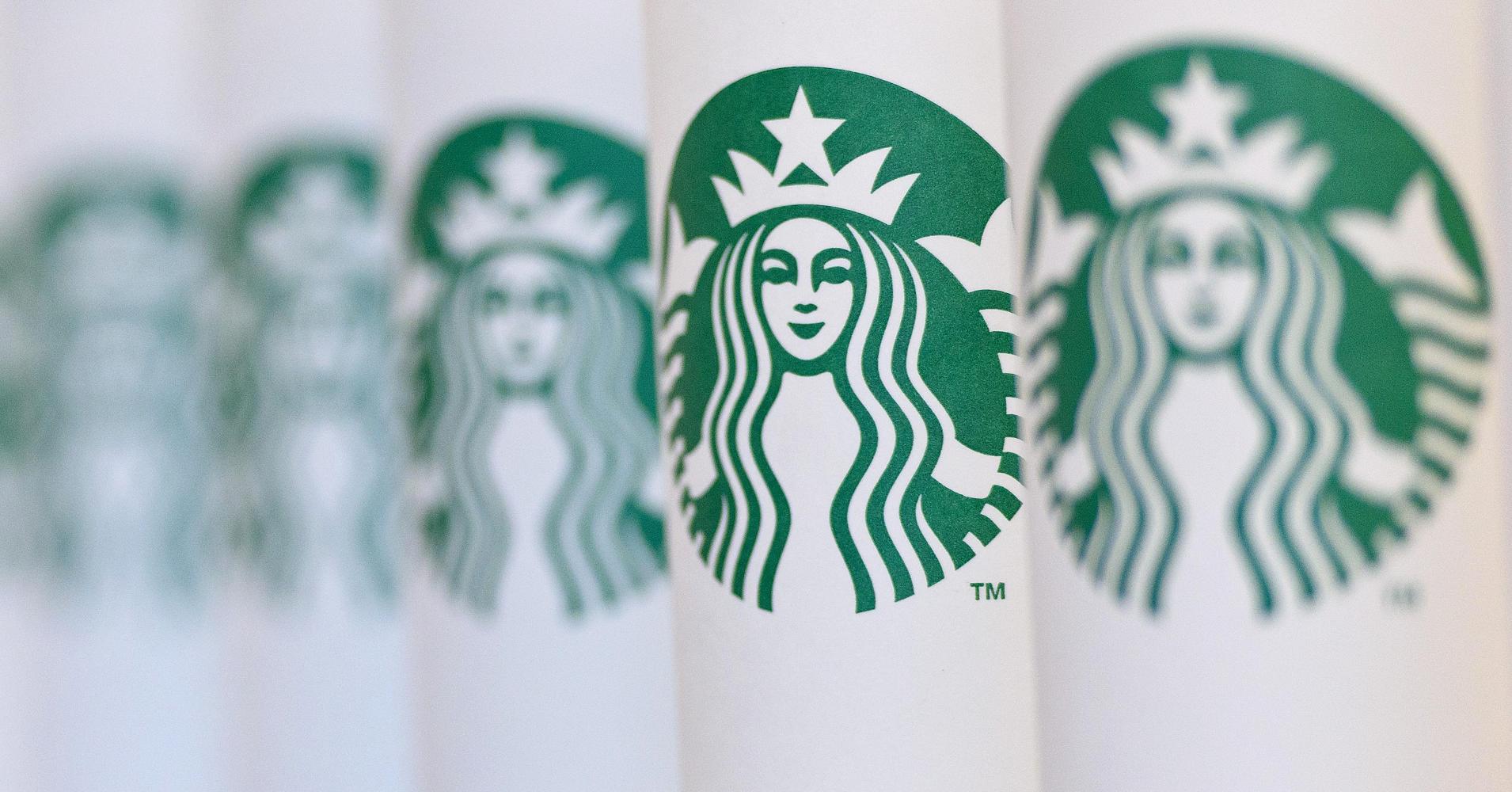
On Tuesday afternoon 8,000 Starbucks cafes will shutter and more than 175,000 baristas will participate in a training seminar in the wake of an incident in Philadelphia that challenged fundamental parts of the company’s values.
The four-hour master class has been designed to address implicit bias, promote inclusion and help prevent discrimination with the hopes of preventing future incidences.
The curriculum features videos from Starbucks’ CEO Kevin Johnson and Chairman Howard Schultz, as well as rapper Common, and members from the Perception Institute who speak on racial anxiety and how employees can better serve customers. Employees will also watch a documentary from award-winning filmmaker Stanley Nelson.
“When you consider the question: ‘how much impact can Starbucks really have? Is it just a drop in the bucket?’ I think it has the potential to be more significant than that,” Aaron Allen, founder and CEO of global restaurant consulting firm Aaron Allen and Associates, told CNBC.
Of course, Starbucks has to get a few things right if any impact is to be seen.
In America, a company’s value system is expected to be free of political or religious bias, Allen said. Which is why many companies have a very basic policy for how guests should be treated, or none at all.
“This isn’t taught,” Allen said. “Not even the top hospitality school in the world [teaches] the subject of hospitality.”
In the same way Starbucks trains its employees to make a cup of coffee the Starbucks way, it must also train its employees to treat customers in the Starbucks way.
“Brands and employees go together and if one or the other isn’t aligned, a crisis will brew,” Mark Macias, founder and owner of Macias PR, a New York City-based public relations agency, told CNBC via email. “In the case with Starbucks, where baristas come from different communities and backgrounds, it’s inevitable that these different cultures and community backgrounds will ignite different actions and approaches to situations.”
“Starbucks needs to make sure their company values, morals and approaches are aligned with the company — and not the barista’s personal history,” he said.
When Starbucks closed its doors nearly a decade ago to retrain its baristas on how to make its iconic espresso, the company shipped instructional DVDs and DVD players to all 7,100 of its company restaurants that were open at the time.
This time around, employees will watch video clips on iPads and use a large white and green Team Guidebook filled with prompts and a reiteration of the company’s mission.
“Interaction is crucial,” Macias said. “Starbucks can’t just create training programs that tell employees what to do. This training must involve critical thinking. It needs to engage employees with thoughts and situations, otherwise it will become a joke among employees. Once that happens, forget the progress. If employees see the training as beneath them than it will defeat the purpose.”
Starbucks worked with Bryan Stevenson, founder and executive director of the Equal Justice Initiative; Sherrilyn Ifill, president and director-counsel of the NAACP Legal Defense and Education Fund; Heather McGhee, president of public policy organization Demos; former U.S. Attorney General Eric Holder; and Jonathan Greenblatt, CEO of the Anti-Defamation League to create the program.
Starbucks intends Tuesday afternoon’s training to promote inclusion and help prevent discrimination, but the company has to be careful not to alienate certain employees or issue blanket statements about bias being universal, Lee Pacchia, co-founder and CEO of Mimesis, a strategic communications consultancy firm, told CNBC via email.
“I noticed a lot of complaints at the inherent unfairness of making Starbucks employees who happen to be racial minorities sit through these lengthy training sessions on a topic that they likely understand full well through their own experiences,” he said. “I think there’s a lot of merit to those complaints, but unfortunately I can’t see how Starbucks can selectively apply this program to only a subset of its entire workforce.”
Pacchia said Starbucks should speak plainly about the nature of racial bias and avoid “false equivalencies.”
“While it might be tempting to frame this issue as ‘bias can happen to anyone anytime,’ I’d recommend against letting anyone come away from the program thinking that what happened in Philadelphia could have happened to two white customers,” he said.
“Starbucks’ training day is an important step, but it is just one step in what is a very long process,” Juan Martinez, president of JMart Strategies, a consulting firm that specializes in crisis communications, told CNBC via email.
Martinez said employees will not only have difficult conversations during the training day, but also afterwards. Since these exchanges are very personal and emotional, he suggests Starbucks make sure to offer a safe space for those conversations to take place on Tuesday and beyond.
“Starbucks must be sure its culture is one that allows space for those conversations to continue and to evolve over time,” he said. “There will be a lot more work ahead for Starbucks and its employees.”
While the training on Tuesday will only occur at company-owned locations, once it is complete, Starbucks plans to make it available to its licensed partners and it will become part of the cafe’s on-boarding process for new employees.
“This needs to be continual,” Macias said. “It can’t be a one-time, four-hour event. Future employees need to be trained and homogeneous communities also need to become aware of our diverse country.”
While it is impossible to guarantee that Starbucks will have no more issues, there will be a protocol in place going forward to deal with issues like this, Allen said.
“[Starbucks is] one of the best examples of a conscious, social responsible business, one that the really values purpose over profit,” he said.
